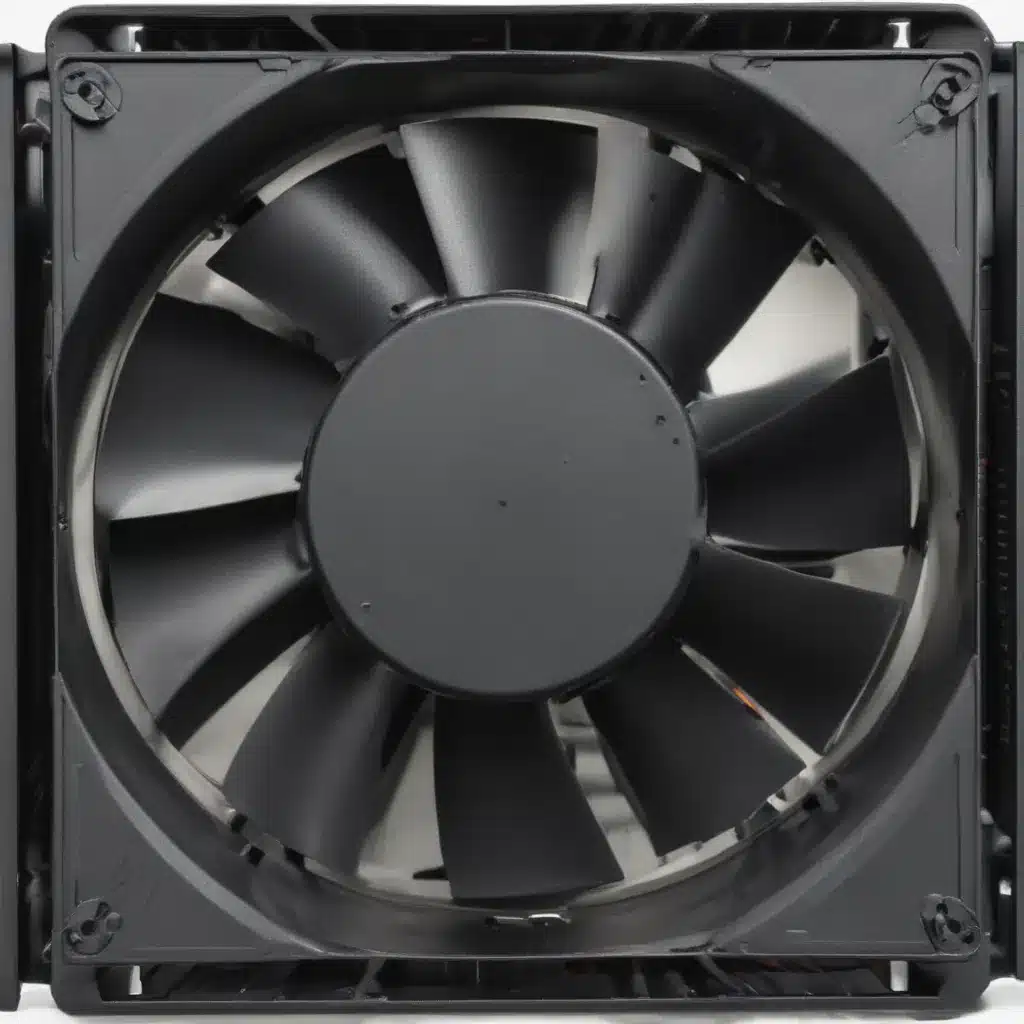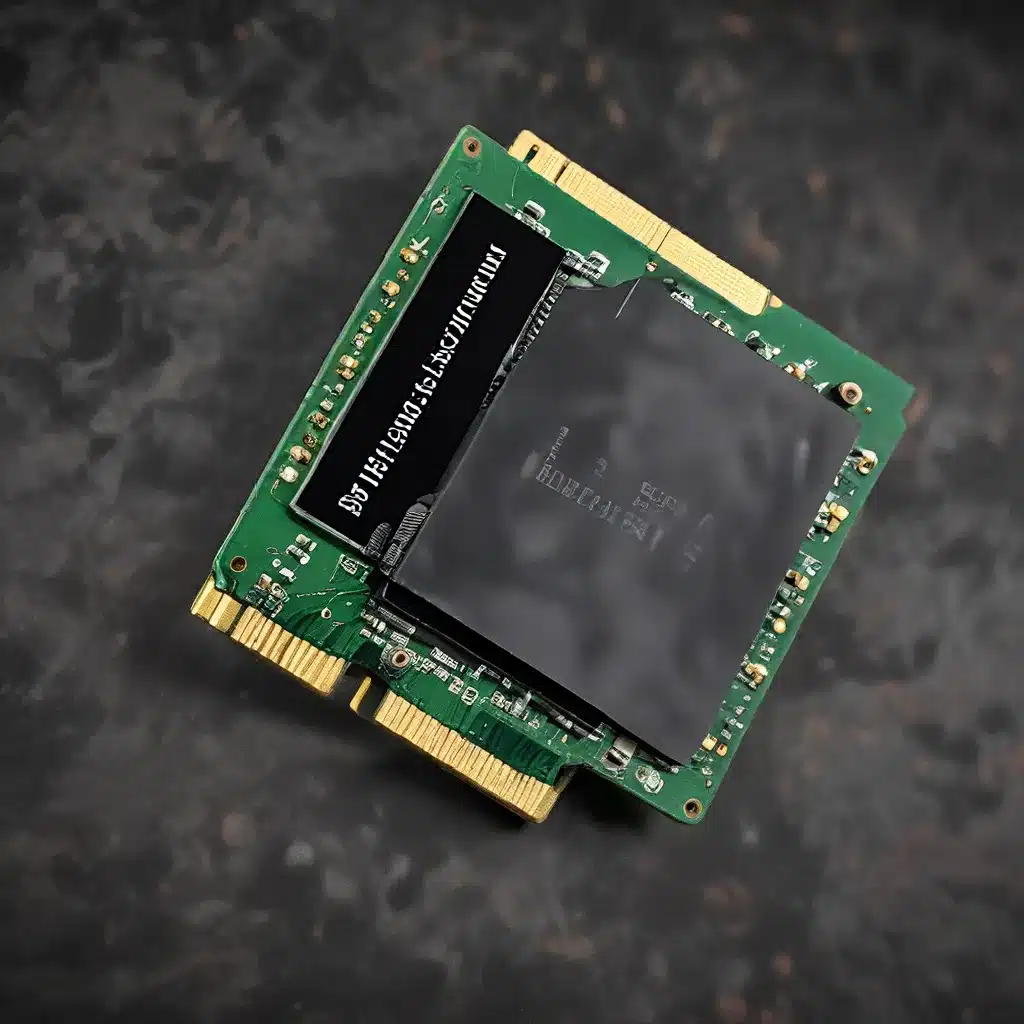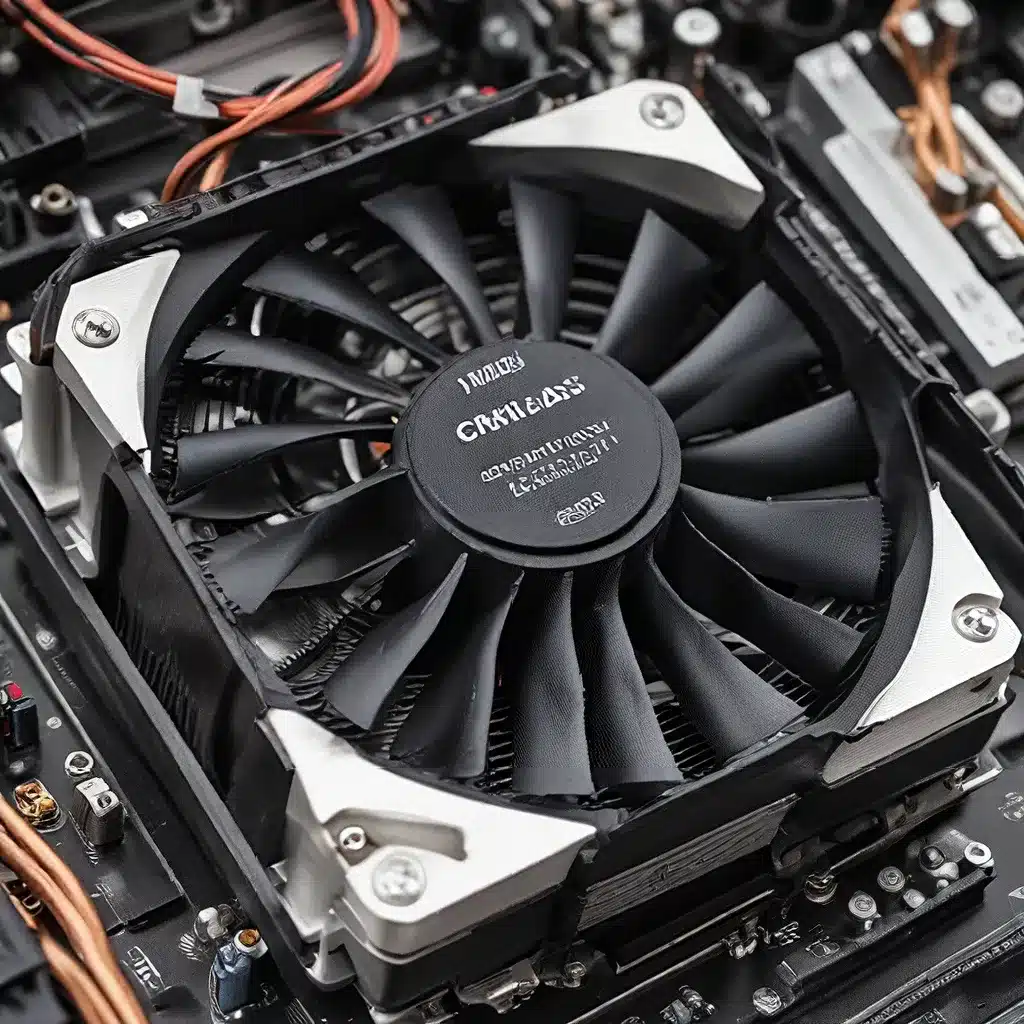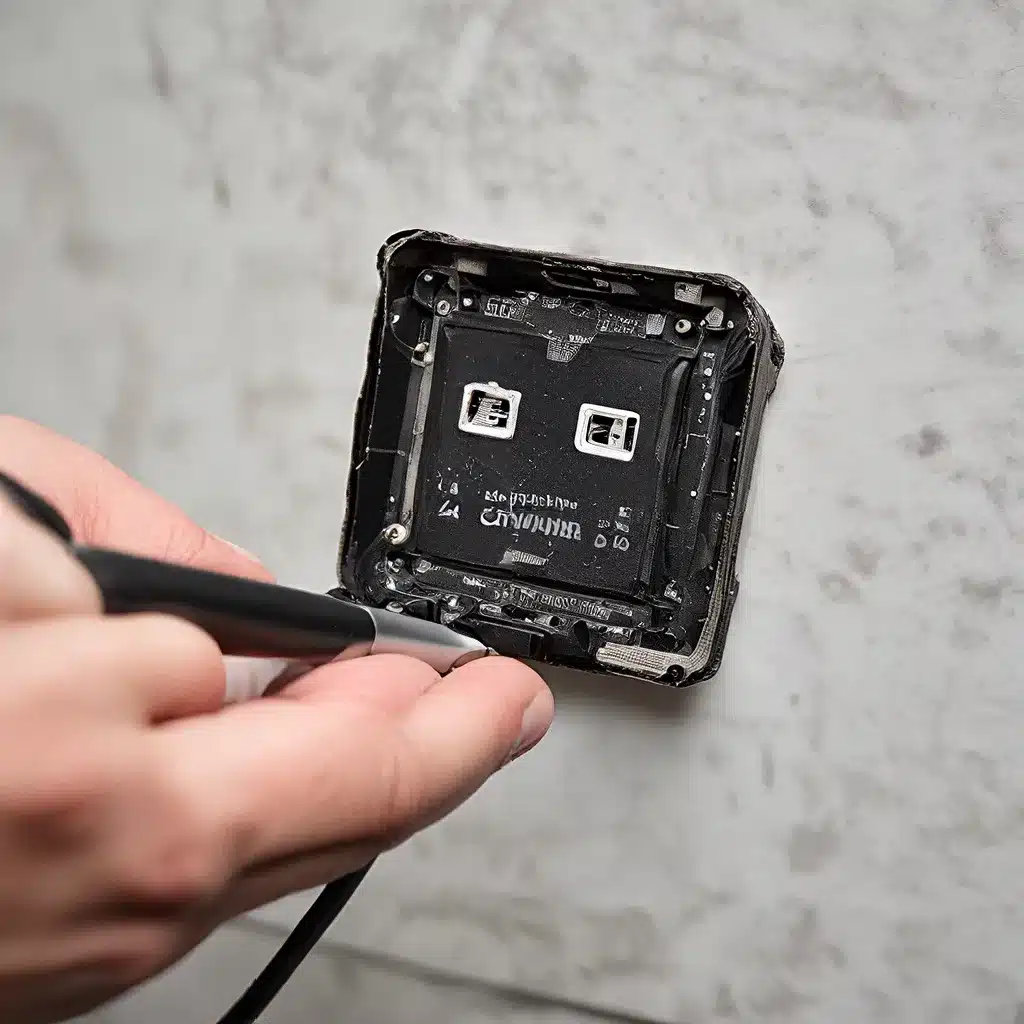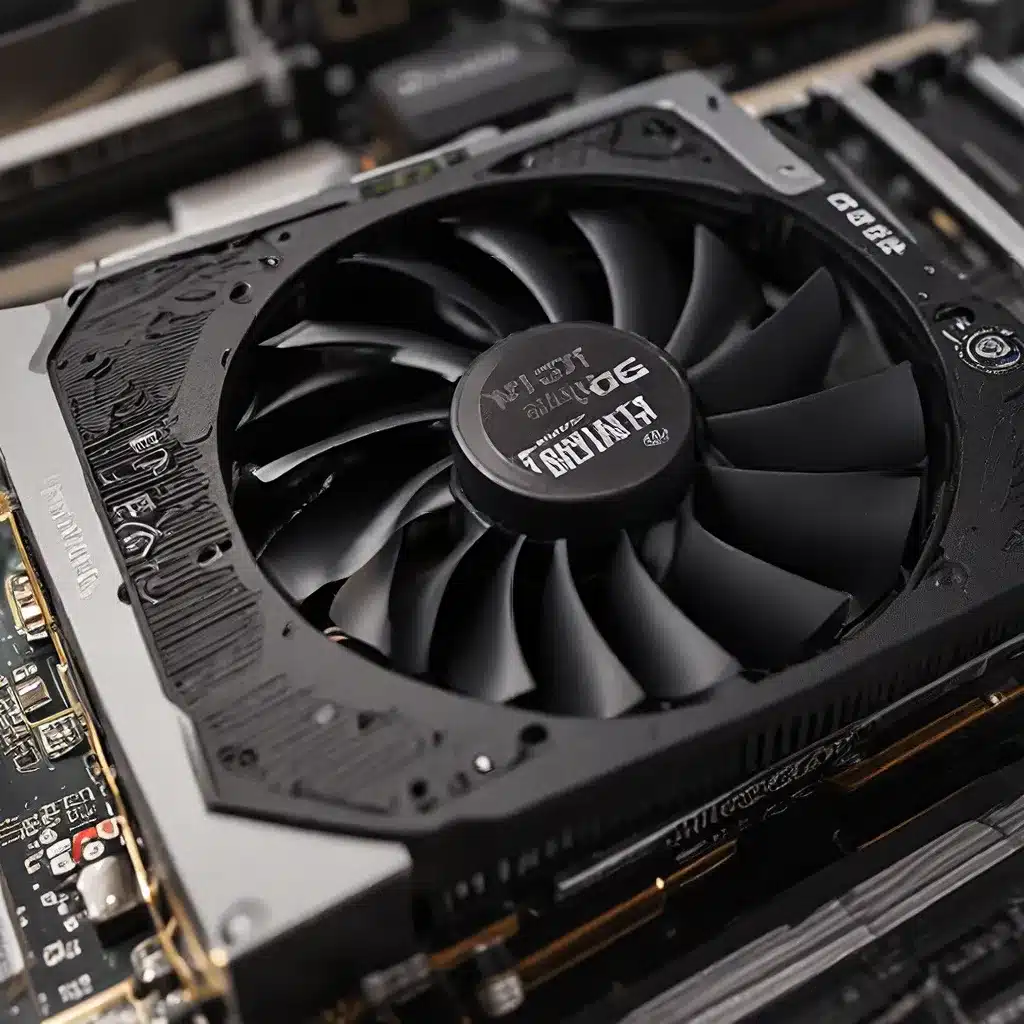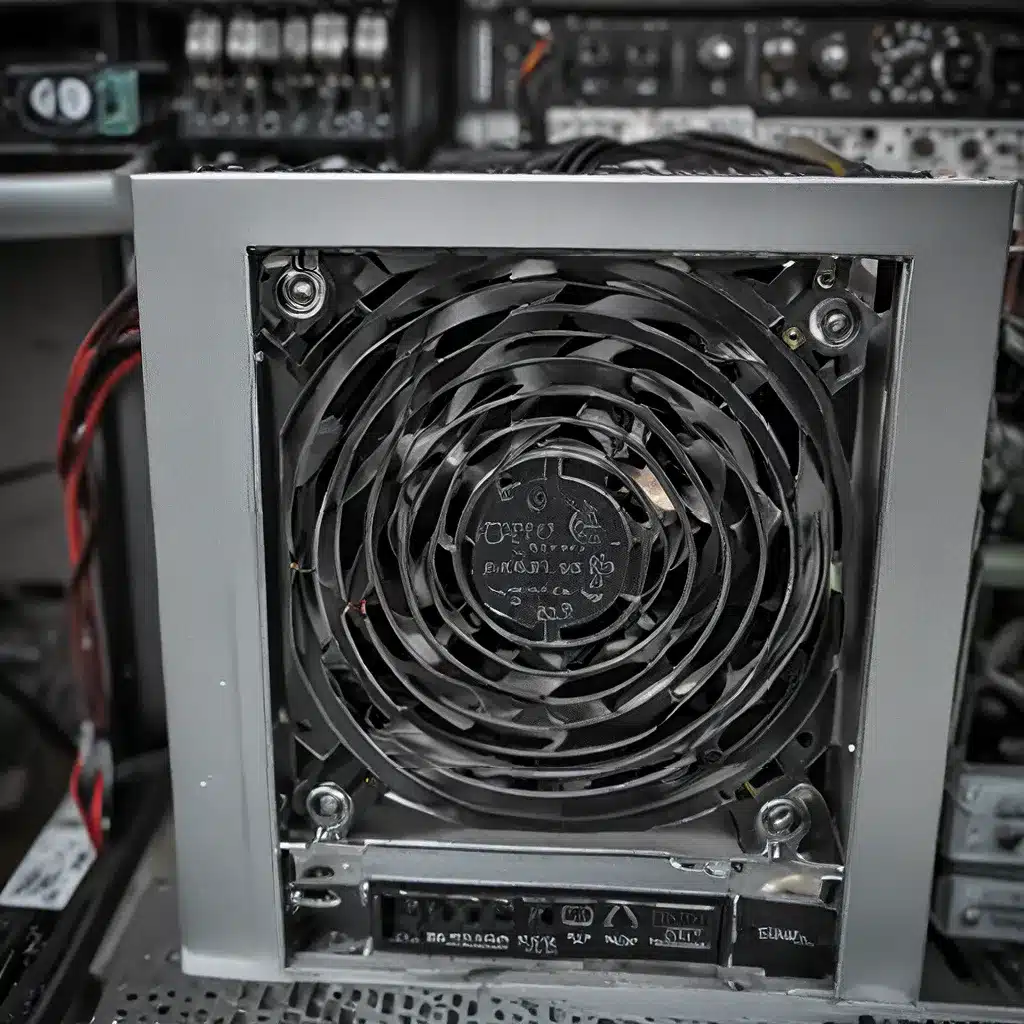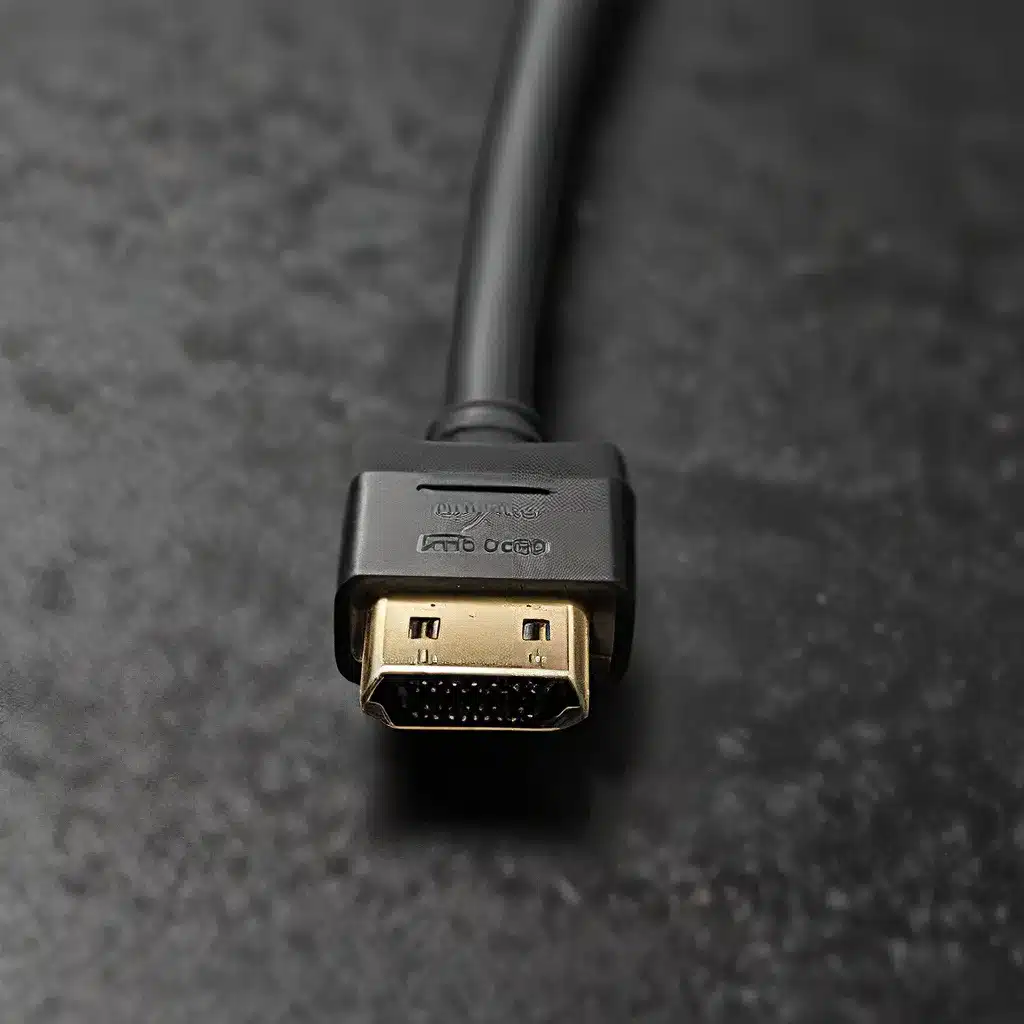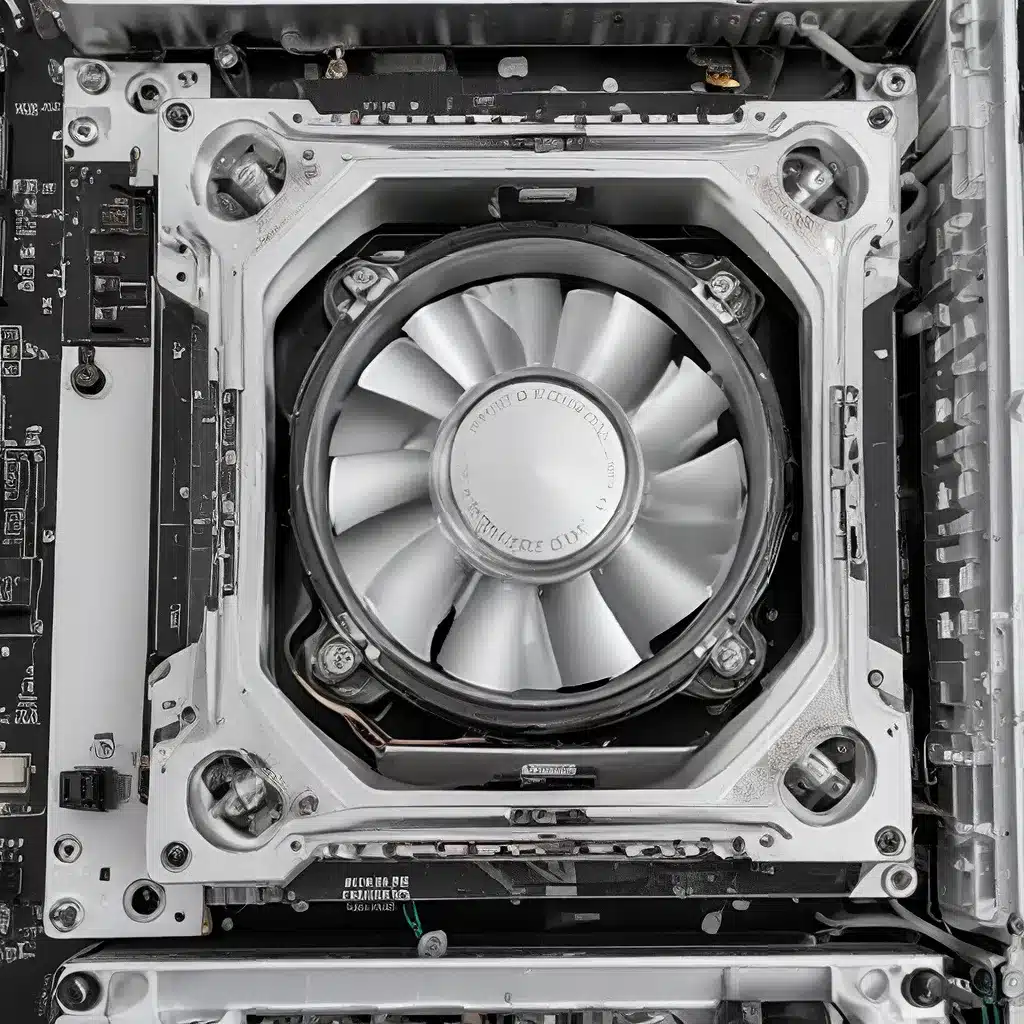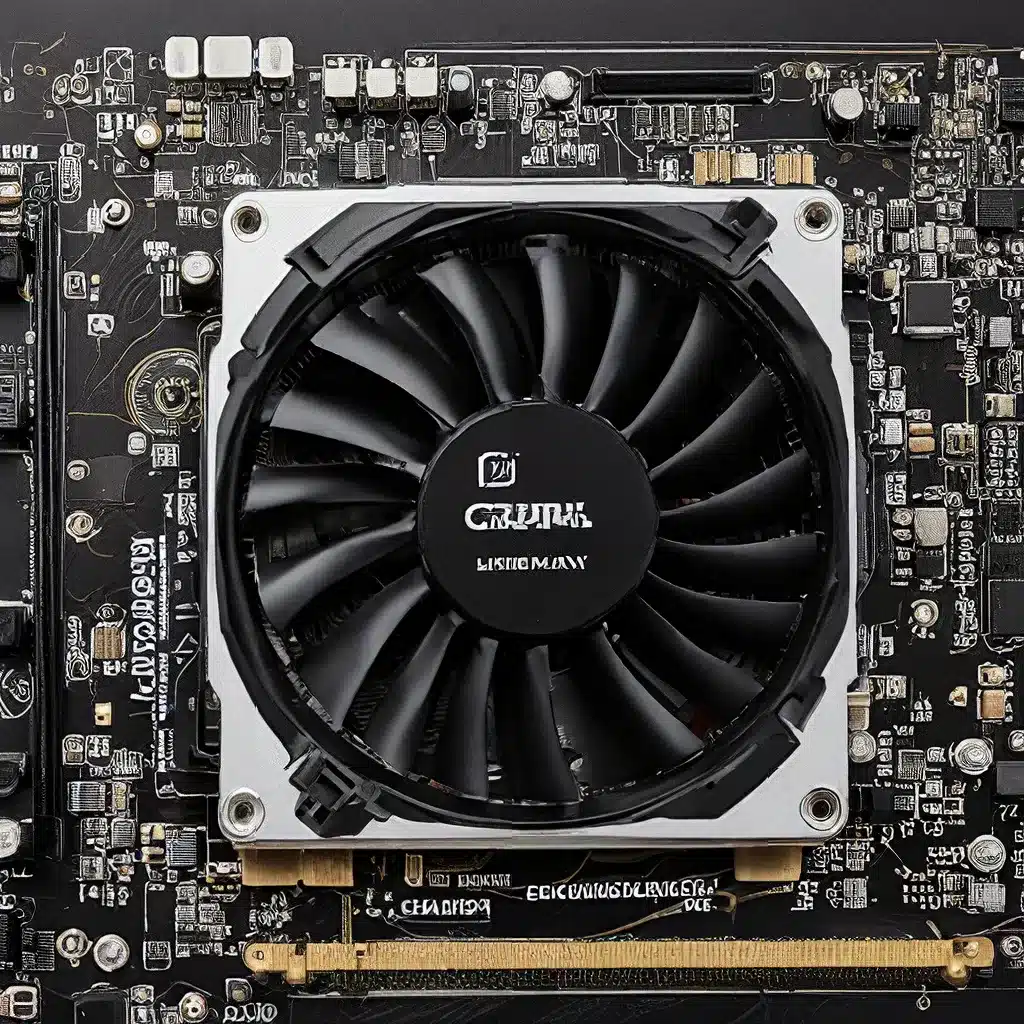The Dreaded Whirring Symphony
Picture this: you’re deep in the throes of an intense gaming session, your heart racing with every enemy you vanquish, when suddenly, a high-pitched whirring sound erupts from your trusty PC, threatening to shatter the illusion and ruin your hard-earned immersion. Ah, the dreaded loud fan noise – a plague that can afflict even the mightiest of gaming rigs.
As a lifelong PC enthusiast and self-proclaimed noise connoisseur, I’ve encountered my fair share of these sonic fiascos. From the gentle hum of a well-tuned machine to the deafening roar of a jet engine, I’ve heard it all. But fear not, my fellow PC devotees, for I’m here to guide you through the labyrinth of fan-related woes and help you reclaim the tranquility of your gaming sanctuary.
Identifying the Culprit
Now, the first step in tackling this issue is to pinpoint the source of the disturbance. Is it the graphics card fan? The CPU cooler? Or perhaps the mysterious power supply lurking in the depths of your case? [1] As one savvy Redditor discovered, the culprit can sometimes be the power supply itself, with its fans emitting a “loud humming noise” that can be both perplexing and infuriating. [2]
To get to the bottom of this auditory enigma, I recommend conducting a thorough investigation. Open up your case and listen intently, like a detective searching for clues. Isolate each component’s fan and observe its behavior – is it spinning freely? Is there any visible obstruction or debris impeding its movement? [3] Once you’ve identified the offender, you can move on to the next step: finding a solution.
Taming the Turbulence
Now, the solutions to this problem can vary depending on the specific issue at hand. If the fan itself is malfunctioning, it might be time for a replacement. However, before you go down that path, consider adjusting the fan speed or settings. [4] Many motherboards and PC software offer the ability to fine-tune fan performance, allowing you to find the sweet spot between cooling efficiency and noise reduction.
But what if the issue lies with the power supply? As one HP laptop owner discovered, a “loud fan noise and vibrate” can sometimes be traced back to the power supply unit (PSU). [5] In such cases, the best course of action may be to reach out to the manufacturer and inquire about a warranty replacement or repair. After all, you shouldn’t have to deal with the constant drone of a defective PSU fan.
A Cooling Conundrum
Now, let’s talk about the dreaded scenario where the culprit is your CPU cooler or graphics card. These components are essential for maintaining a healthy temperature within your PC, but they can also be the source of unwanted noise. [6] In these instances, you might need to consider upgrading to a more efficient cooling solution, such as a high-performance air cooler or a liquid-based system.
But before you go scrambling for the nearest computer store, it’s worth exploring some less drastic measures. Have you considered cleaning the fans and heatsinks? A buildup of dust and debris can impede airflow and cause your cooling system to work overtime, leading to that telltale whirring symphony. [7] A quick clean with a can of compressed air might do the trick and restore the tranquility to your rig.
Putting It All Together
Now, I know what you’re thinking: “But what if I’ve tried everything, and the noise persists?” Well, my friends, that’s where the true art of PC troubleshooting comes into play. [8] Sometimes, the solution may lie in a more comprehensive approach, such as upgrading the entire case or investing in a more robust power supply.
Remember, the quest for a whisper-quiet PC is an ongoing journey, and there’s no one-size-fits-all solution. But with a little patience, a keen ear, and a willingness to tinker, you can conquer even the most stubborn of fan-related issues. So, take a deep breath, channel your inner PC guru, and let’s put an end to that maddening whirring once and for all!
References
[1] https://www.reddit.com/r/Corsair/comments/uaffbq/h100i_elite_capellix_extremely_loud_fan_noise_is/
[2] https://www.dell.com/community/en/conversations/xps-desktops/xps-8950-psu-unreasonable-fan-noise/647f995cf4ccf8a8decac868
[3] https://www.reddit.com/r/buildapc/comments/h04ev2/monitor_turns_off_fans_get_really_loud_pc_stays_on/
[4] https://steamcommunity.com/app/648800/discussions/0/3408678529104014723/
[5] https://h30434.www3.hp.com/t5/Notebook-Hardware-and-Upgrade-Questions/Loud-Fan-Noise-HP-Pavilion-x360-Convertible/td-p/6633733
[6] http://amcrest.com/forum/nvrs-dvrs-f19/loud-fan-nv4108-hs-t3919.html
[7] https://www.quora.com/Every-once-in-a-while-my-PC-spontaneously-turns-off-and-then-on-its-fan-noise-becomes-louder-than-usual-and-refuses-to-send-signal-to-the-monitor-despite-the-cables-being-connected-properly-The-issue-gets-resolved
[8] https://h30434.www3.hp.com/t5/Notebook-Hardware-and-Upgrade-Questions/Loud-fan-noise-and-vibrate/td-p/5678947

